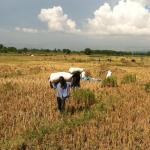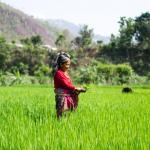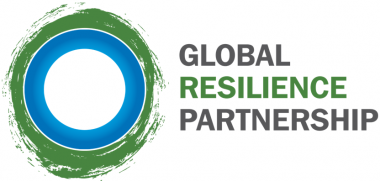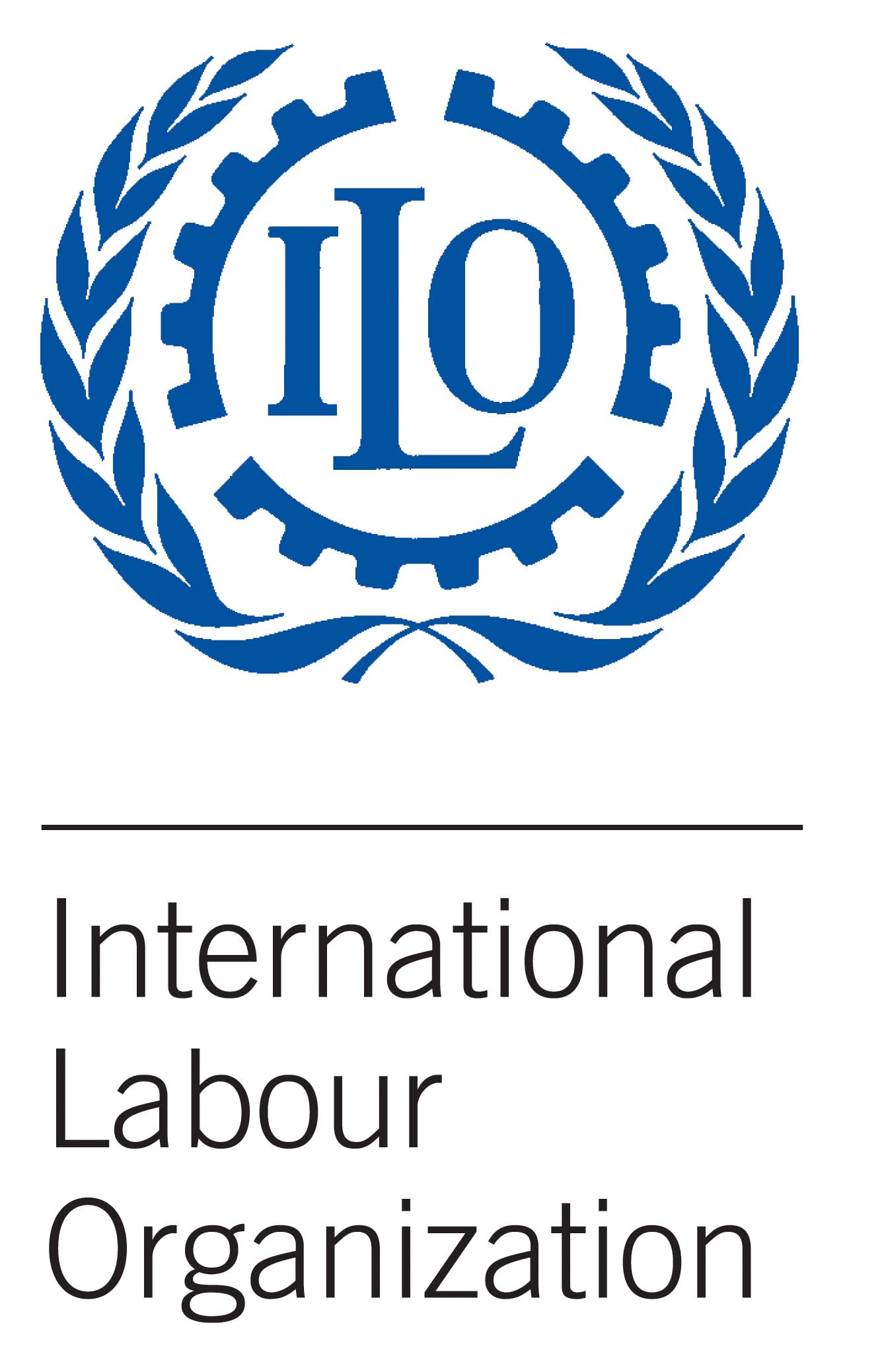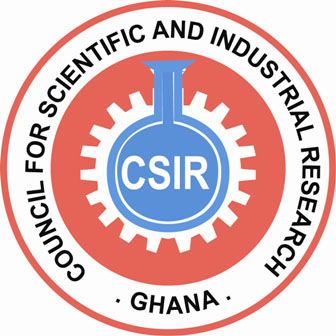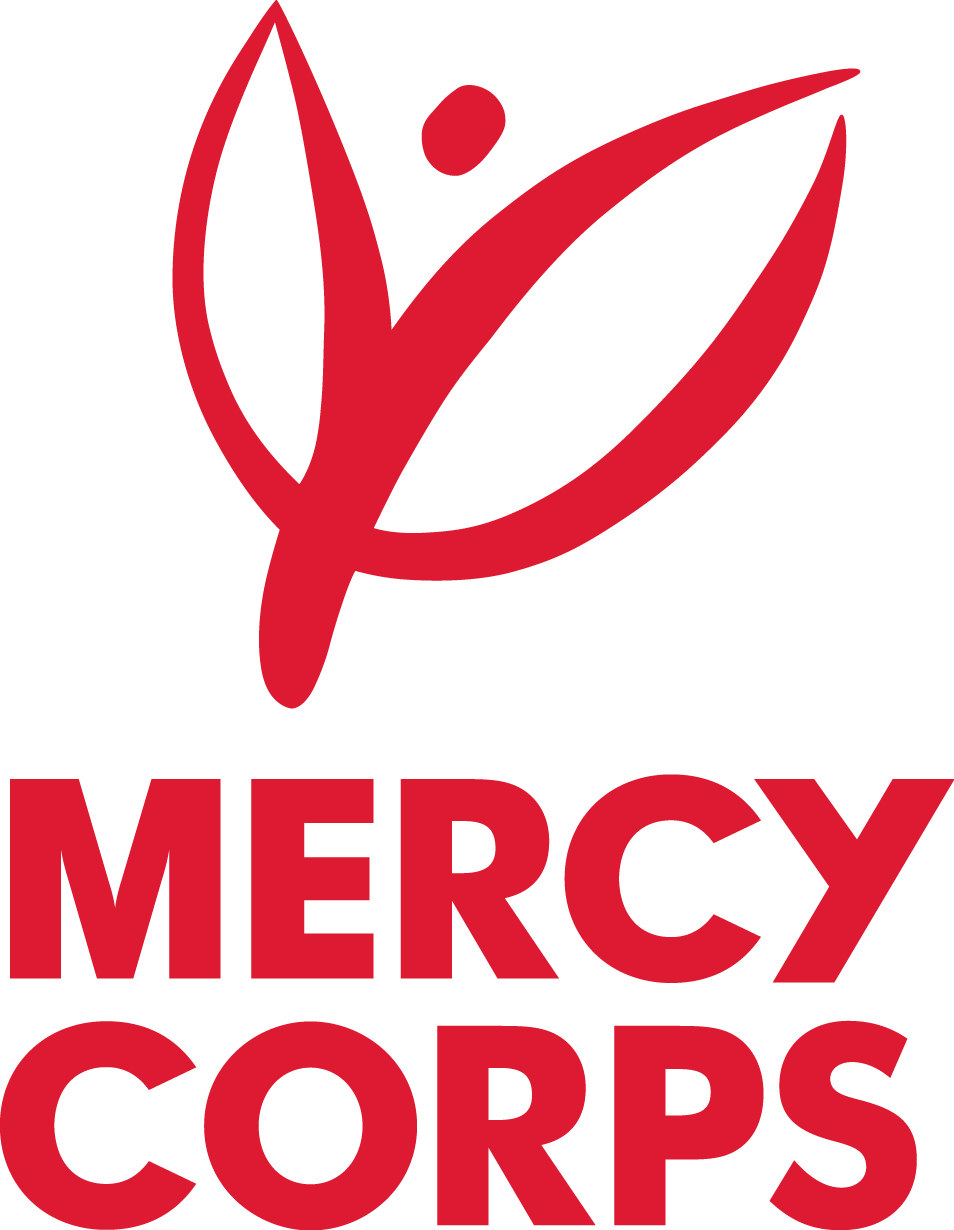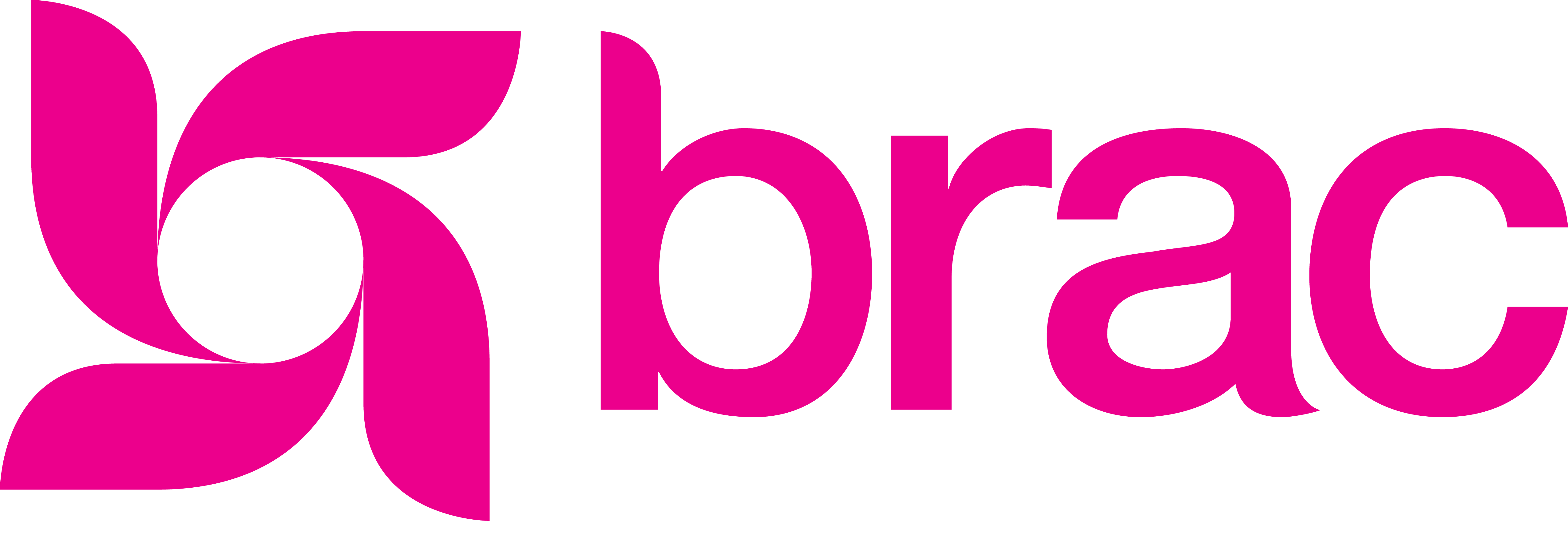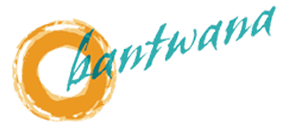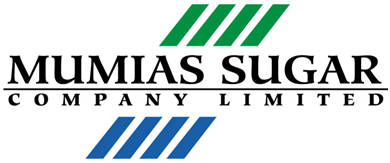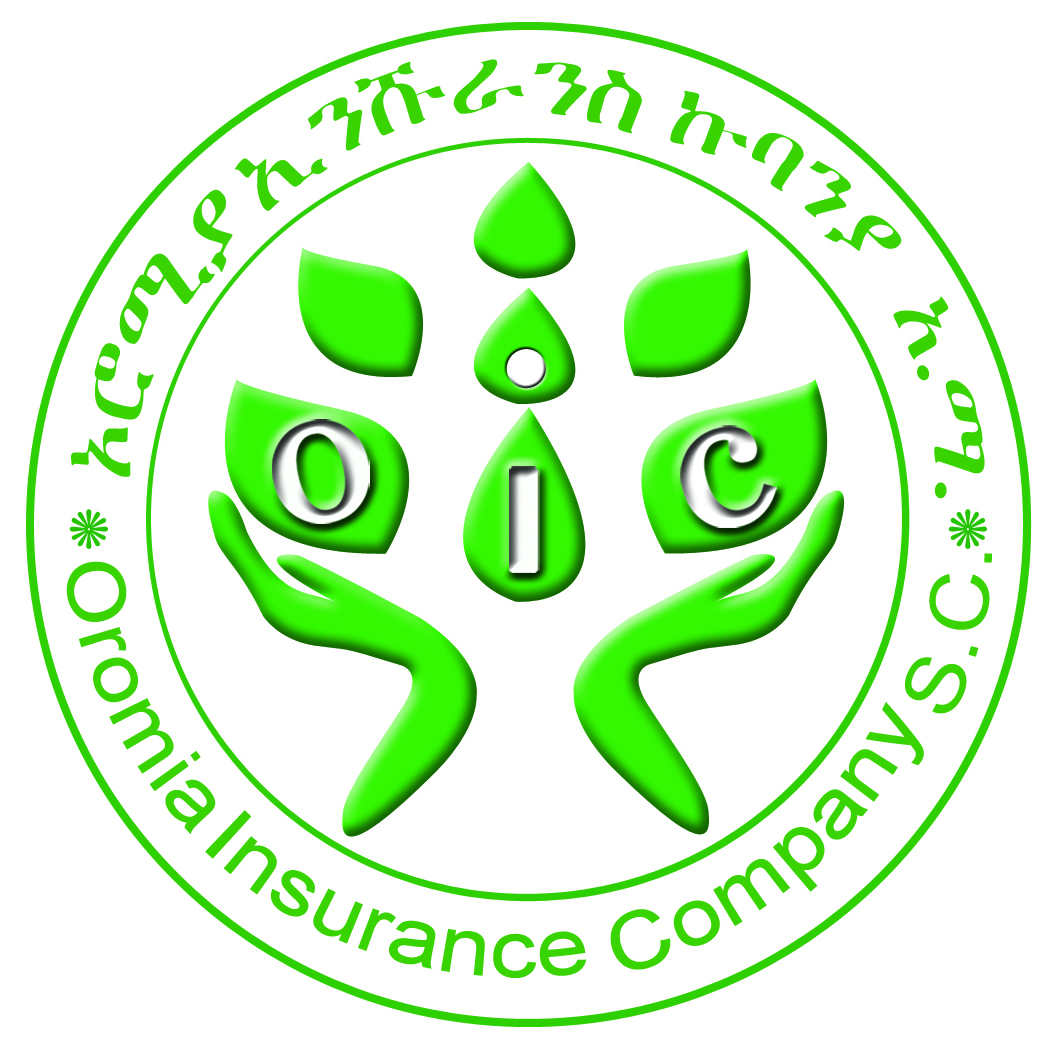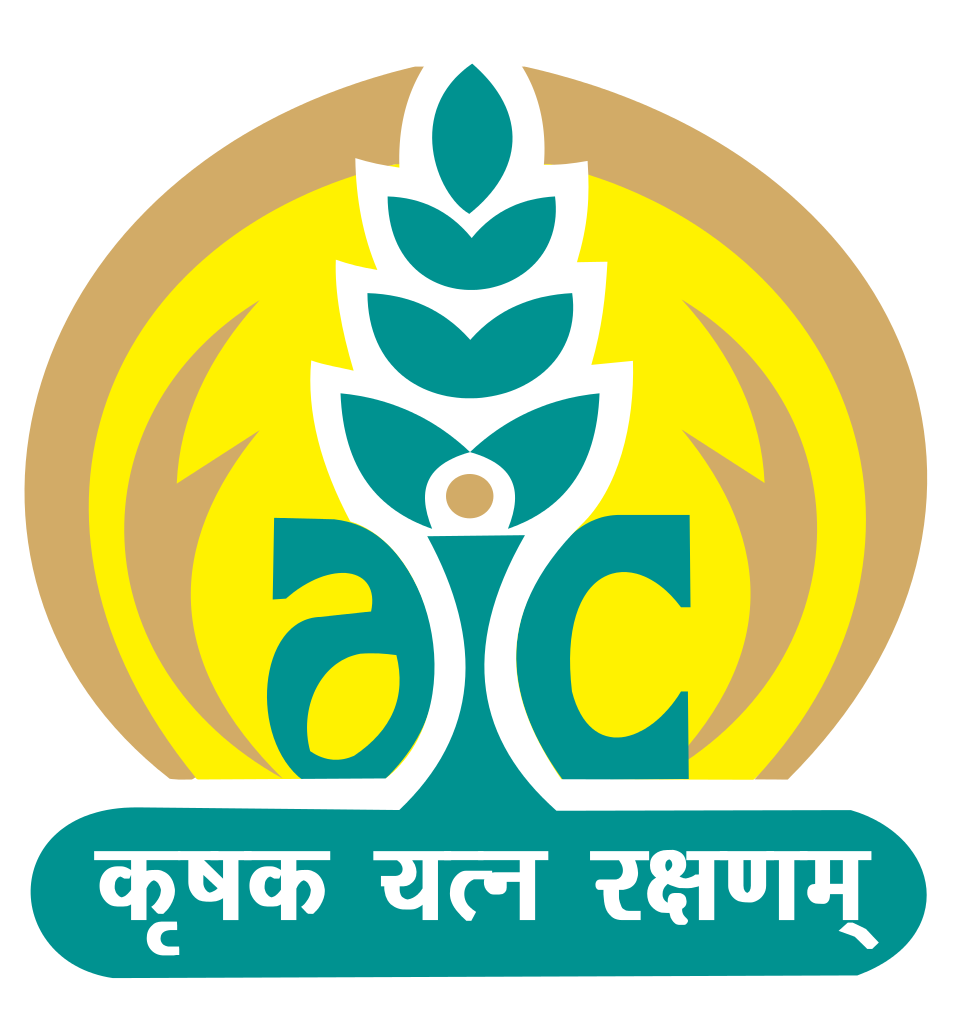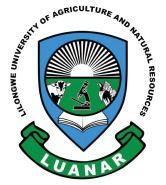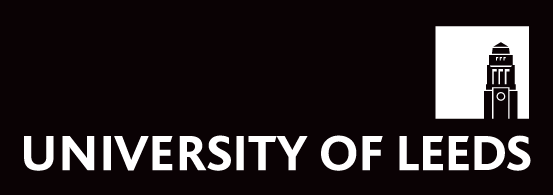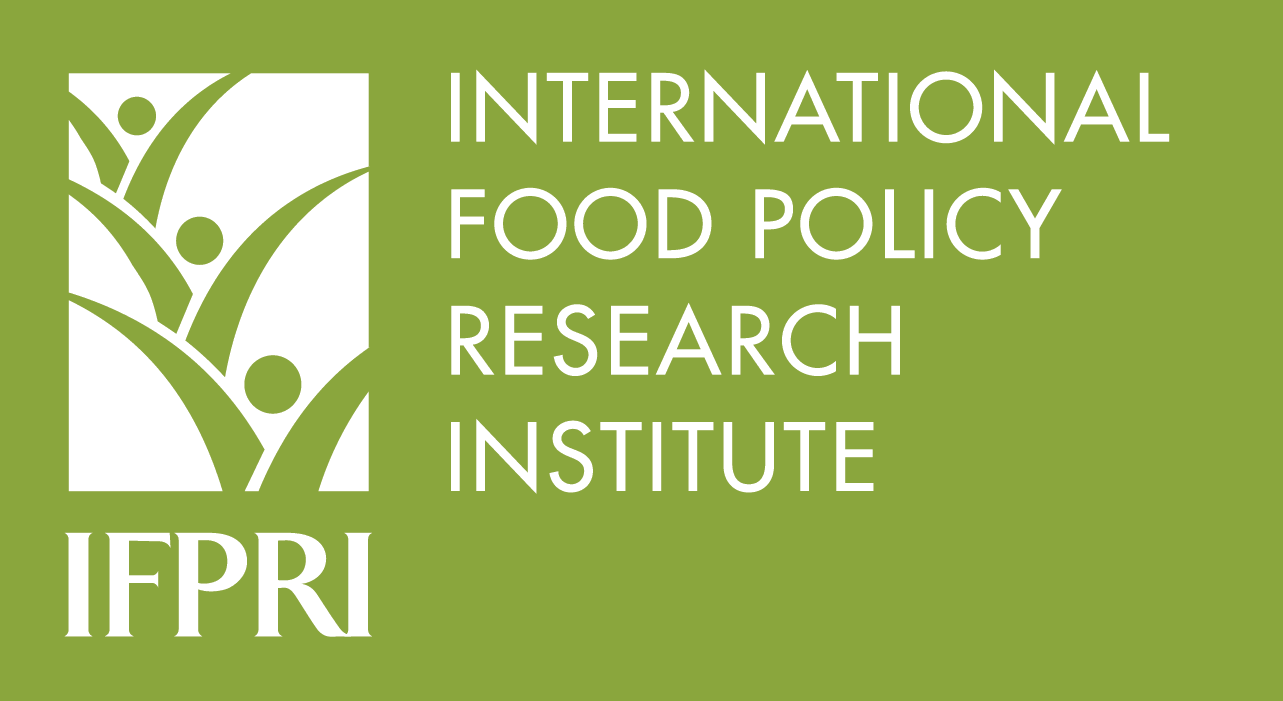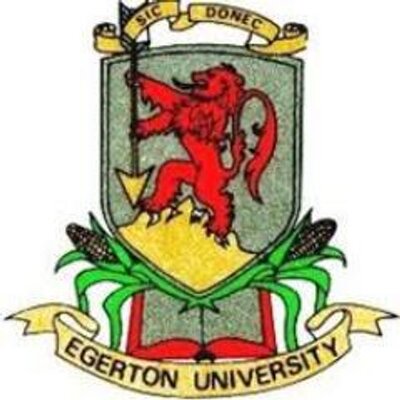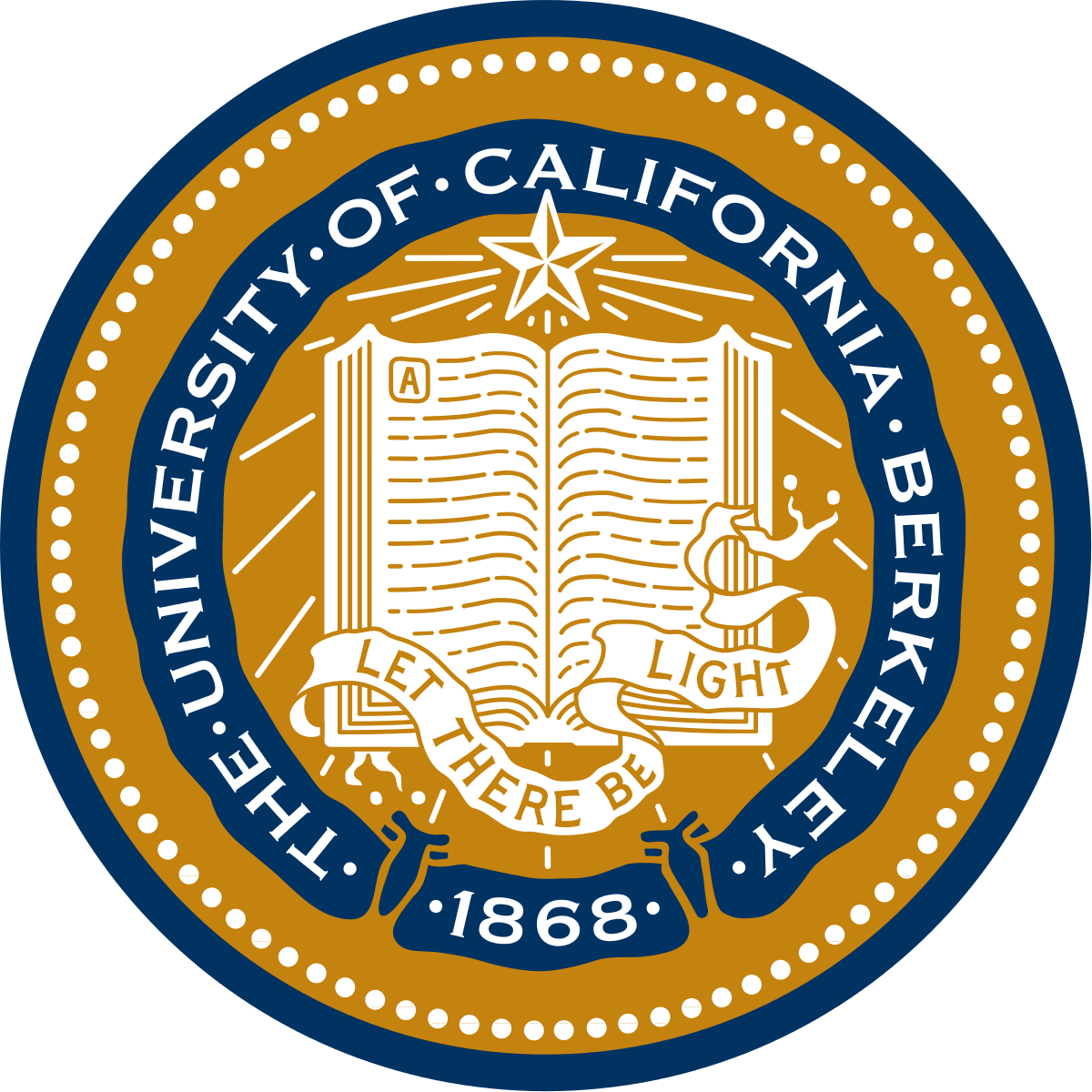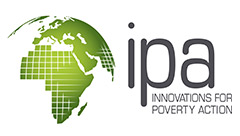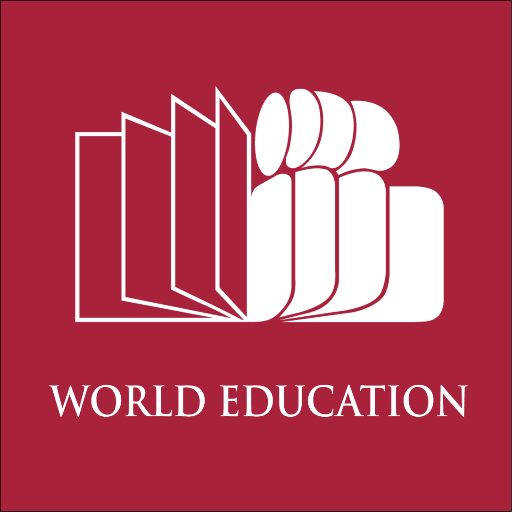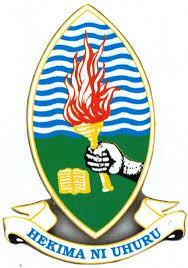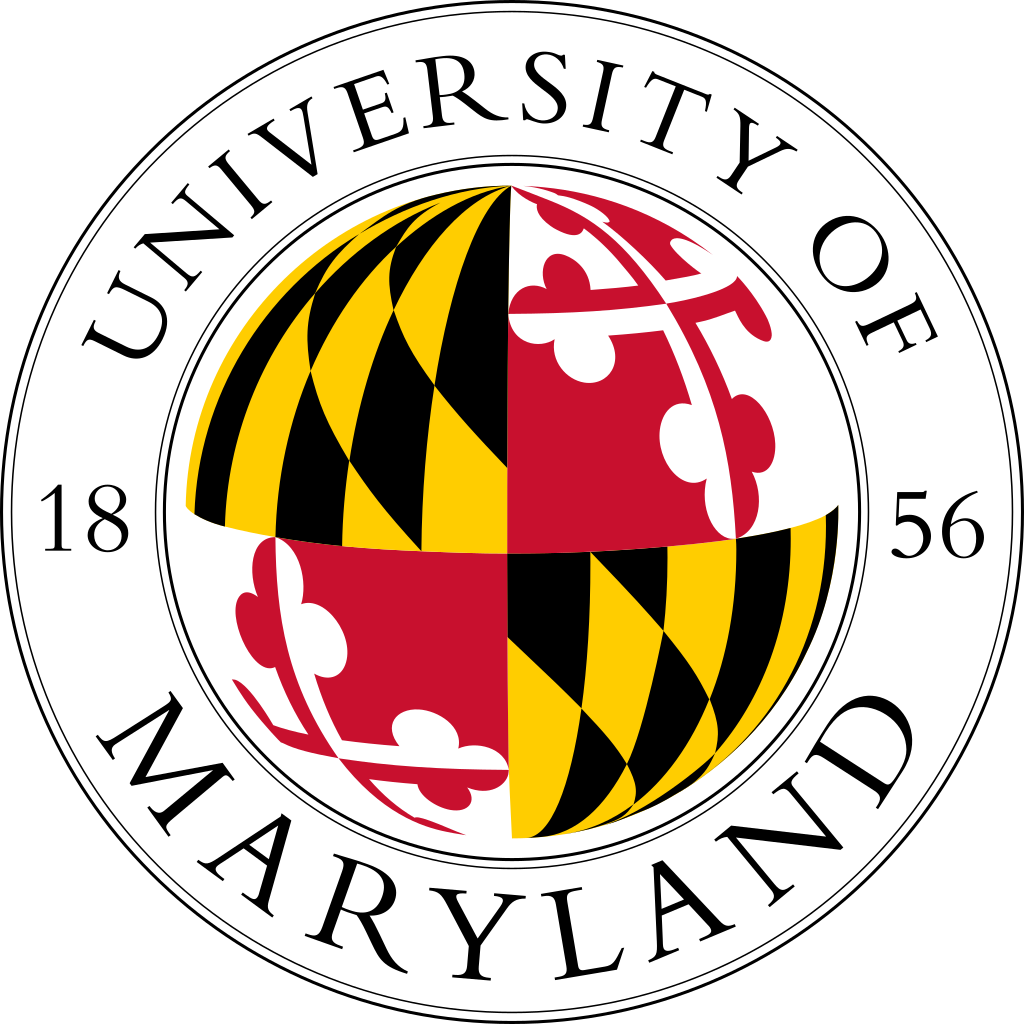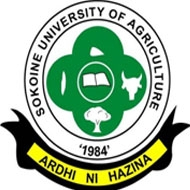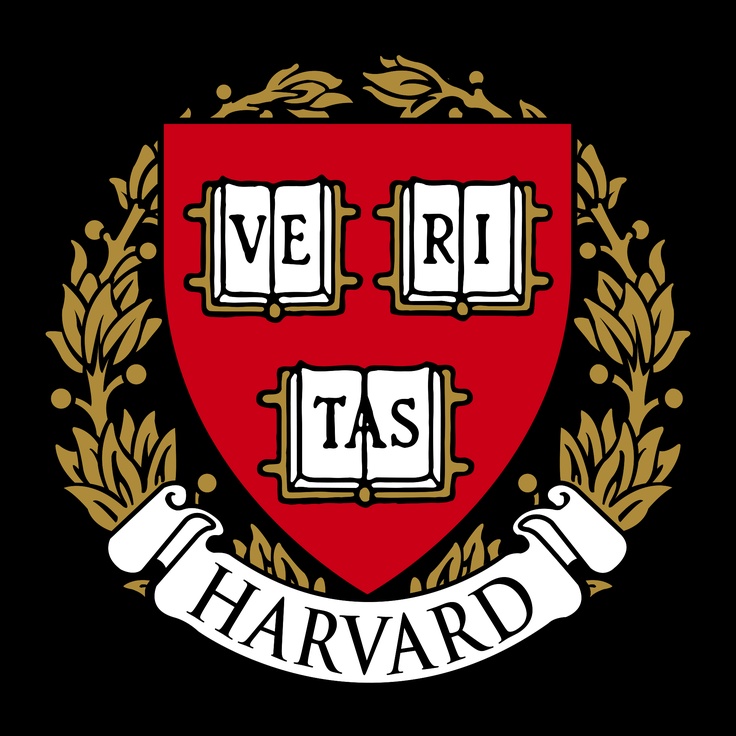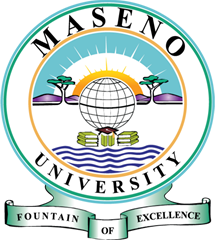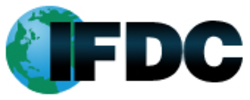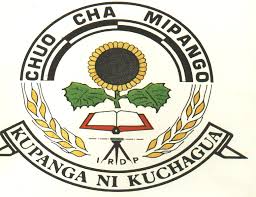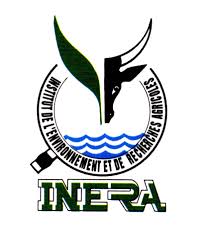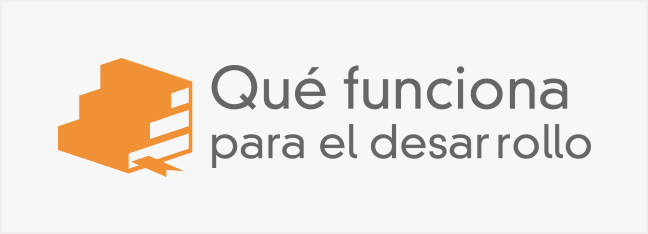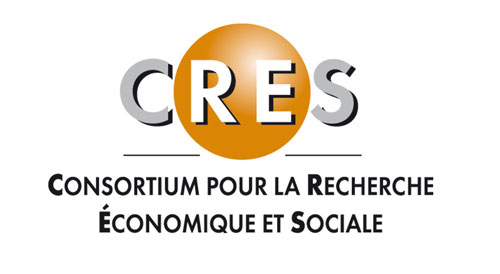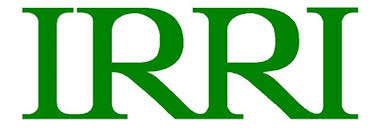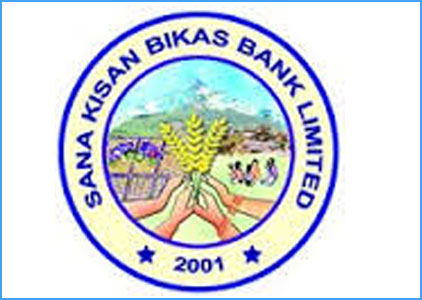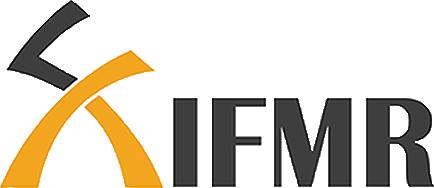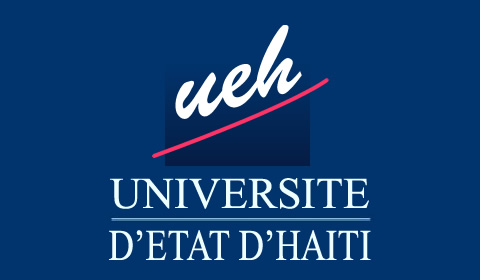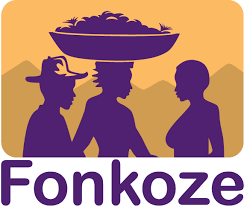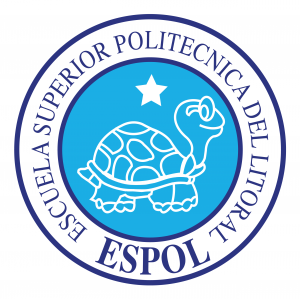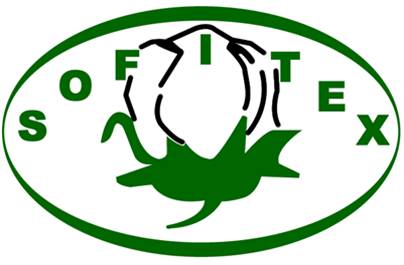About the Feed the Future Innovation Lab for Markets, Risk and Resilience
The Feed the Future Innovation Lab for Markets, Risk and Resilience (MRR) at UC Davis develops and tests financial and market innovations that take the most promising agricultural tools for families in developing economies from the lab to the field. Our mission is to generate and transfer knowledge and innovations that promote resilience and empower rural families, communities and markets to share in inclusive agricultural growth.
The MRR Innovation Lab focuses the most advanced tools in development economics and related fields on three core themes:
- Resilient Escapes from Poverty: Bundled programs that can have a bigger and more lasting impact on persistent poverty than the sum of their parts.
- Financial and Agronomic Innovations for Inclusive Growth and Resilience: Expanding the potential of insurance, stress-tolerant seeds and other tools to manage the risk of drought, flood or other disasters.
- Resilient Systems for Broadly-based Agricultural Growth: Ensuring that markets and other social systems are competitive and do not bypass women and young people.
In addition to funding research and building the capacity of local institutions, we translate our work into accessible policy documents and sponsor outreach events that integrate our findings into a coherent and effective voice about priorities and options for governments, NGOs and others working to reduce poverty and increase prosperity worldwide.
The MRR Innovation Lab is one of many Feed the Future Innovation Labs that draw on the expertise of top U.S. colleges and universities in collaboration with developing country research and educational institutions to tackle some of the world’s greatest challenges in agriculture, food security, and nutrition. Led by U.S. universities, the Feed the Future Innovation Labs are on the cutting edge of efforts to research, develop, and take to scale safe and effective technologies that address current and future challenges posed by a changing climate and the need to feed a growing global population.
The MRR Innovation Lab was established at UC Davis in 2019 by the generous support of the American people through the United States Agency for International Development (USAID) (cooperative agreement no. 7200AA19LE00004).

